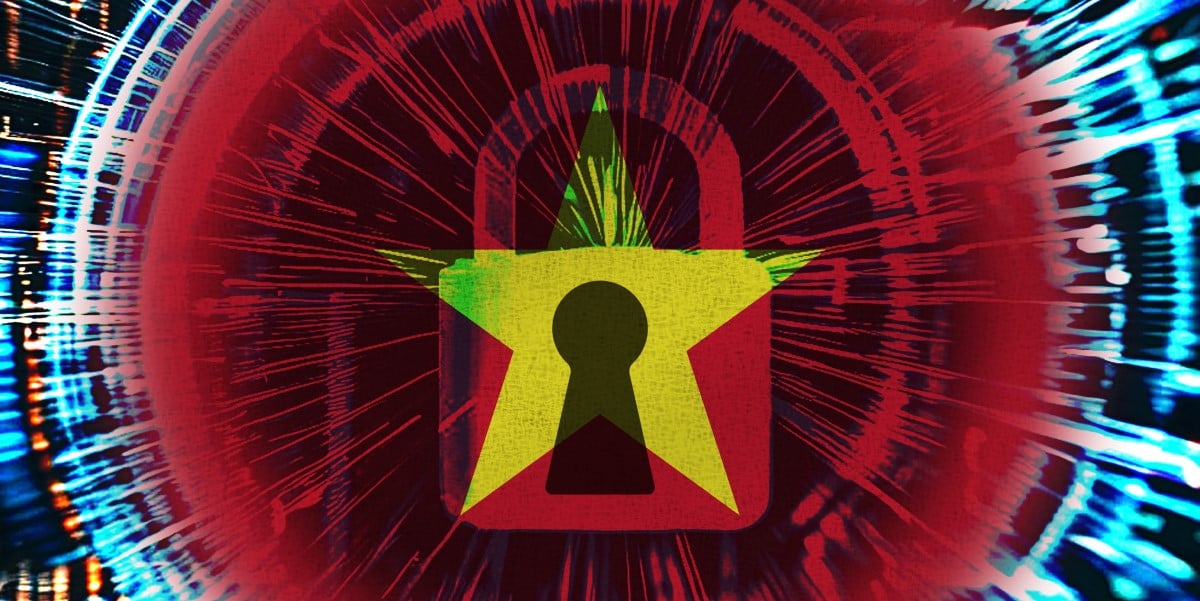
February 20, 2024 at 12:07AM
The Vietnamese government will collect biometric data from citizens for identification purposes starting in July. Prime Minister Pham Minh Chinh instructed the Ministry of Public Security to collect iris scans, voice samples, and DNA in accordance with amendments to Vietnam’s Law on Citizen Identification. ID cards will include various information and be managed by the Ministry of Public Security.
Key takeaways from the meeting notes are as follows:
– The Vietnamese government is set to begin collecting biometric information from its citizens for identification purposes, including iris scans, voice samples, and DNA, in accordance with amendments to Vietnam’s Law on Citizen Identification.
– The ID cards will be issued to anyone over the age of 14 and are optional for citizens between the ages of 6 and 14.
– The amendments to the Law on Citizen Identification that allow collection of biometrics passed on November 27 of last year.
– The law allows the recording of blood type among the DNA-related information that will be contained in a national database to be shared across government agencies.
– The ministry will collaborate with other parts of the government to integrate the identification system into the national database.
– Vietnam’s future identity cards will incorporate the functions of health insurance cards, social insurance books, driver’s licenses, birth certificates, and marriage certificates.
– The physical ID cards in Vietnam will change and will be managed henceforth by the Ministry of Public Security instead of the police department. They will also no longer contain fingerprints, but there will be a QR code linked to a mass of identifying data.
– Chairman of the National Defense and Security Committee, Le Tan Toi, has expressed the belief that a person’s iris is suitable for identification as it does not change over time and would serve as a basis for authenticating an identity.
These takeaways provide clear and concise summary points from the meeting notes.